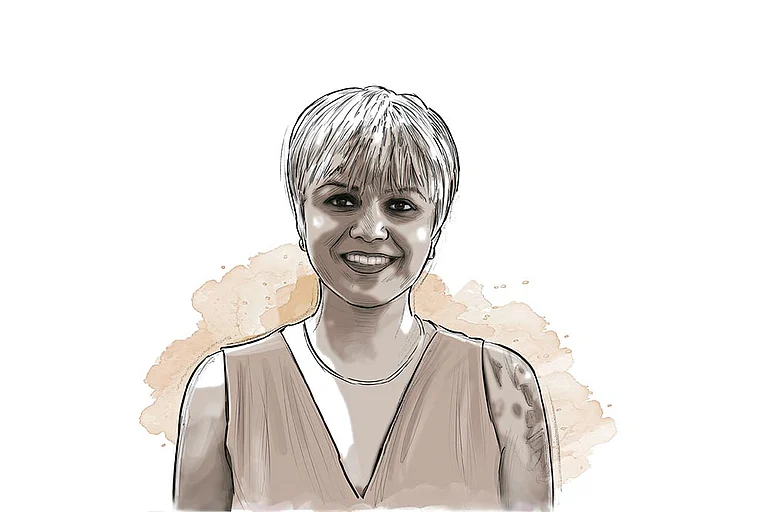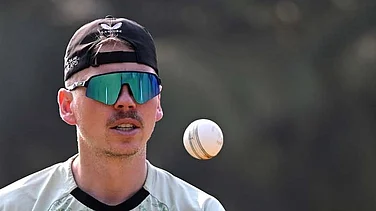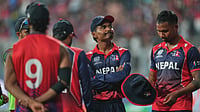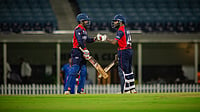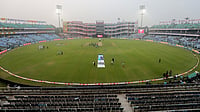It is common knowledge that the opening edition of the Paralympic Games was held in 1960 in Rome. But not as many know what catalysed the start of the mega multi-para sport event. (More Sports News)
It was in Stoke Mandeville hospital that the spark for the Paralympics was first ignited. A singular, enterprising act of defiance led to the birth of what came to be known as the Paralympic Movement, and subsequently led to the quadrennial Summer Paralympic Games.
How Stoke Mandeville Hospital Came Into Being
Sports for persons with disabilities have been in existence for well over a century. In fact, the first sport clubs for people with hearing disabilities had sprung up in 1888 in Berlin.
But it was not until after World War II, that such sports were widely introduced. The objective at the time was to speed up the rehabilitation of a sizeable number of war veterans and civilians who had been injured in war.
In the year 1944, German neurologist Sir Ludwig Guttmann started a spinal injuries centre at the Stoke Mandeville Hospital, located 60 kilometres north of London, at the request of the then British government. With time, sport aimed at rehabilitation evolved into recreational and then to competitive sport.
How The Hospital Became Birthplace Of Paralympic Movement
The aforementioned act of defiance arrived on July 29, 1948, which is when the opening Ceremony of the London Olympic Games 1948 was held. Sir Guttmann organised the first-ever competition for wheelchair athletes at the hospital, christening them the Stoke Mandeville Games.
The Games featured 16 injured servicemen and women who took part in archery and netball competitions, and went on to become a milestone in Paralympic history. Four years later, former Dutch servicemen joined the Paralympic Movement and the International Stoke Mandeville Games were thus founded in 1952.
From then on, the Games began to be held annually with more and more countries and athletes participating. The needle truly moved in 1960, when the ninth edition of the Stoke Mandeville Games took place in Rome, involving 400 athletes from 23 countries.
All the athletes competed in wheelchairs, across eight sports: para athletics, wheelchair basketball, para table tennis, para swimming, para archery, snooker, dartchery (a combination of darts and archery) and wheelchair fencing.
That is when the Stoke Mandeville Games morphed into the Paralympic Games, and have since been held every four years.
Paralympic Flame's New Stoke Mandeville Tradition
Four days before the start of the Paris Paralympic Games 2024, an official lighting ceremony was organised by the International Paralympic Committee (IPC) in Stoke Mandeville. The lighting ceremony will go down in history as the start of a new tradition: from the 2024 edition onwards, the Paralympic Flame will always commence its journey in Stoke Mandeville.
This initiative has been takes with the aim to promote the vital role of the city in the germination and development of the Paralympic Movement.
Recognising the importance of the tradition, IPC president Andrew Parsons said: "For everyone involved in the Paralympic Movement, Stoke Mandeville represents sacred and cherished ground, it is here 76 years ago that the visionary pioneer Sir Ludwig Guttmann created the Paralympic Movement.
"By organizing a sport event for 16 injured Word War two veterans – using para sport as a form of rehabilitation – Guttmann started something very special. Little did he know that what he created here in 1948 would go on to become on of the world’s biggest sport events.
"The Paralympic Games is now a spectacular showcase of sport, and event that attracts billions of global TV viewers, and the only worldwide event of impact which puts persons with disabilities front and centre."









